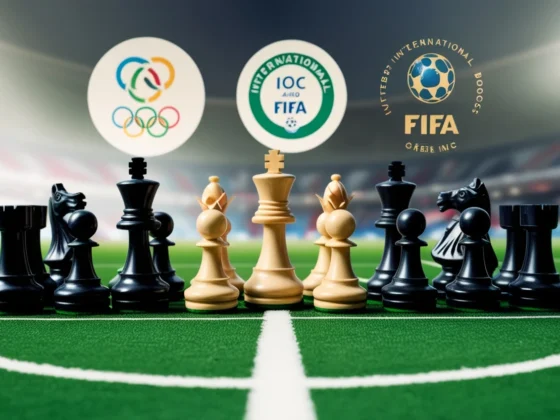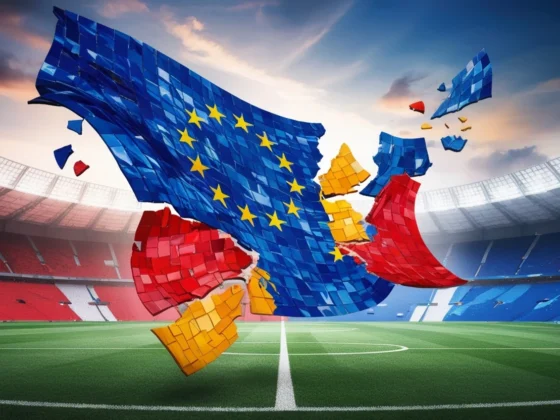Sports Law in India is an emerging area of legal practice, one that has gained momentum in recent years due to the commercialization of sports, increased international participation, and a greater emphasis on athletes’ rights and governance. Although India does not have a singular comprehensive legislation governing sports, a network of statutes, judicial precedents, and administrative regulations form the fabric of sports governance in the country.
Historical Development of Sports Law in India
Traditionally, sports in India were overseen by individual federations and associations, operating with considerable autonomy and minimal government interference. However, the explosion of interest and investment in sporting events such as the Indian Premier League (IPL), alongside the rising visibility of Indian athletes on the global stage, has made legal oversight increasingly necessary.
The National Sports Policy of 1984 marked a turning point by formally recognizing the need for a structured approach to sports development. The formation of the Sports Authority of India (SAI) that same year institutionalized efforts to promote training and excellence in sport. Later, the National Sports Development Code of 2011 introduced guidelines to ensure good governance within sports federations.
Key Legal and Regulatory Frameworks
Several legal instruments and regulatory bodies collectively form the backbone of Sports Law in India:
- The Sports Authority of India (SAI): Established in 1984, SAI is a premier organization under the Ministry of Youth Affairs and Sports. It is responsible for athlete training, implementation of sports policies, and maintenance of national sports infrastructure.
- The National Sports Development Code, 2011: A pivotal document that lays down rules for the internal governance of sports federations, including transparency, fair elections, and conflict of interest guidelines.
- The National Anti-Doping Agency (NADA): Founded in 2009, NADA enforces anti-doping regulations in line with World Anti-Doping Agency (WADA) guidelines, ensuring integrity in sport.
- Intellectual Property and Broadcasting Rights: As sports become increasingly commercialized, legal protection for branding, media rights, and sponsorships plays a crucial role in maintaining fairness and promoting investment.
- The Prevention of Sports Fraud Bill (Pending): This proposed legislation aims to curb unethical practices such as match-fixing, betting scandals, and manipulation of results.
Contemporary Challenges in Sports Law
Despite significant progress, Sports Law in India faces several roadblocks:
- Lack of Unified Legislation: The absence of a comprehensive legal statute results in fragmented governance and inconsistent application of regulations.
- Corruption and Match-Fixing: Scandals such as the IPL spot-fixing case underline the urgent need for stricter regulatory oversight and punitive mechanisms.
- Doping Violations: Persistent instances of doping have marred India’s sporting image and demand robust implementation of anti-doping laws.
- Gender Inequality: Issues such as unequal pay, lesser visibility, and limited access to resources continue to affect women athletes
- Athletes’ Rights and Contracts: Many athletes, especially at grassroots levels, lack access to proper legal representation and suffer exploitation through ambiguous or unfair contracts.
Judiciary’s Role and Global Integration
Indian courts and arbitration forums are increasingly involved in resolving sports disputes. From contractual disagreements to selection controversies and doping appeals, judicial interventions have significantly influenced sports governance.
Furthermore, Indian athletes bring global best practices and treaties into domestic policy-making as they participate in international tournaments and leagues.
Future Prospects of Sports Law in India
The sports industry in India is poised for exponential growth, and with it, the legal framework must evolve to match global standards. Key areas of development include:
- Specialized Legal Education: Academic institutions are beginning to offer Sports Law courses to cater to the growing demand for experts in this niche field.
- Comprehensive Legislation: The push for a unified national Sports Law Act is gaining traction and would help streamline governance.
- Digitalization and E-Sports: The legal status of e-sports and related virtual competitions requires specific legal recognition and regulation.
- Player Representation and Unionization: Legal support for the formation of athletes’ associations can help ensure fair treatment and collective bargaining.
Conclusion
The development of Sports Law in India reflects the broader evolution of sports as a significant socio-economic sector. While challenges remain, the integration of legal safeguards, administrative reforms, and judicial oversight has laid a strong foundation. Moving forward, it is imperative to continue aligning with international norms and create a transparent, equitable, and professional sporting environment in the country.
As the nexus between law and athletics strengthens, Sports Law will remain a crucial pillar in the nation’s journey toward sporting excellence.
This Blog is written by Saumya Soni, advocate, Supreme Court of India.
For queries or collaborations, write to us at sportslegalorg@gmail.com


